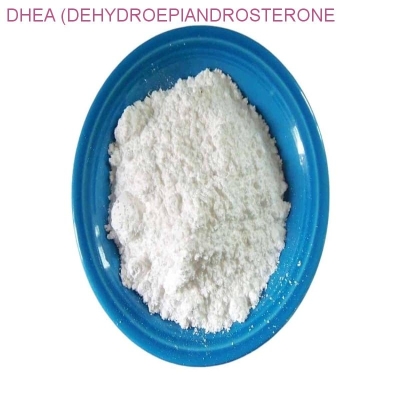-
Categories
-
Pharmaceutical Intermediates
-
Active Pharmaceutical Ingredients
-
Food Additives
- Industrial Coatings
- Agrochemicals
- Dyes and Pigments
- Surfactant
- Flavors and Fragrances
- Chemical Reagents
- Catalyst and Auxiliary
- Natural Products
- Inorganic Chemistry
-
Organic Chemistry
-
Biochemical Engineering
- Analytical Chemistry
-
Cosmetic Ingredient
- Water Treatment Chemical
-
Pharmaceutical Intermediates
Promotion
ECHEMI Mall
Wholesale
Weekly Price
Exhibition
News
-
Trade Service
The production process of 2-chloro-4-(trifluoromethyl)pyrimidine, also known as 2,4-Difluorotoluene, is a complex chemical reaction that involves several steps and various chemicals.
It is used as an intermediate in the production of various pharmaceuticals, agrochemicals, and other chemical products.
The production process of 2-chloro-4-(trifluoromethyl)pyrimidine can be divided into several stages:
- Preparation of reagents: The production process of 2-chloro-4-(trifluoromethyl)pyrimidine starts with the preparation of the required reagents.
This includes the preparation of toluene, hydrochloric acid, and other chemicals that are used in the subsequent steps. - Chlorination of toluene: In this step, toluene is treated with chlorine gas under careful conditions to form 2-chloro-4-(trifluoromethyl)pyrimidine.
- Hydrolysis of the intermediate: The intermediate formed in the previous step is treated with water to remove the chlorine atom, forming a new intermediate.
- Hydrogenation of the intermediate: The intermediate formed in the previous step is treated with hydrogen gas under high pressure and temperature to convert it into a more stable form.
- Purification of the product: The final product is isolated from the reaction mixture through a series of purification steps, including distillation and crystallization.
- Characterization of the product: The final product is characterized through various analytical techniques, such as spectroscopy and chromatography, to ensure its purity and identity.
The production process of 2-chloro-4-(trifluoromethyl)pyrimidine is highly dependent on the quality of the reagents and the reaction conditions.
Any deviation from the optimal conditions can affect the yield and quality of the final product.
Therefore, the production process is carefully monitored and controlled at all stages to ensure the quality of the final product.
The production process of 2-chloro-4-(trifluoromethyl)pyrimidine is a complex chemical reaction that requires careful monitoring and control.
The use of high-quality reagents and the optimization of the reaction conditions are crucial for the production of a high-quality final product.
The product is used as an intermediate in the production of various pharmaceuticals, agrochemicals, and other chemical products, making it an important building block in the chemical industry.







